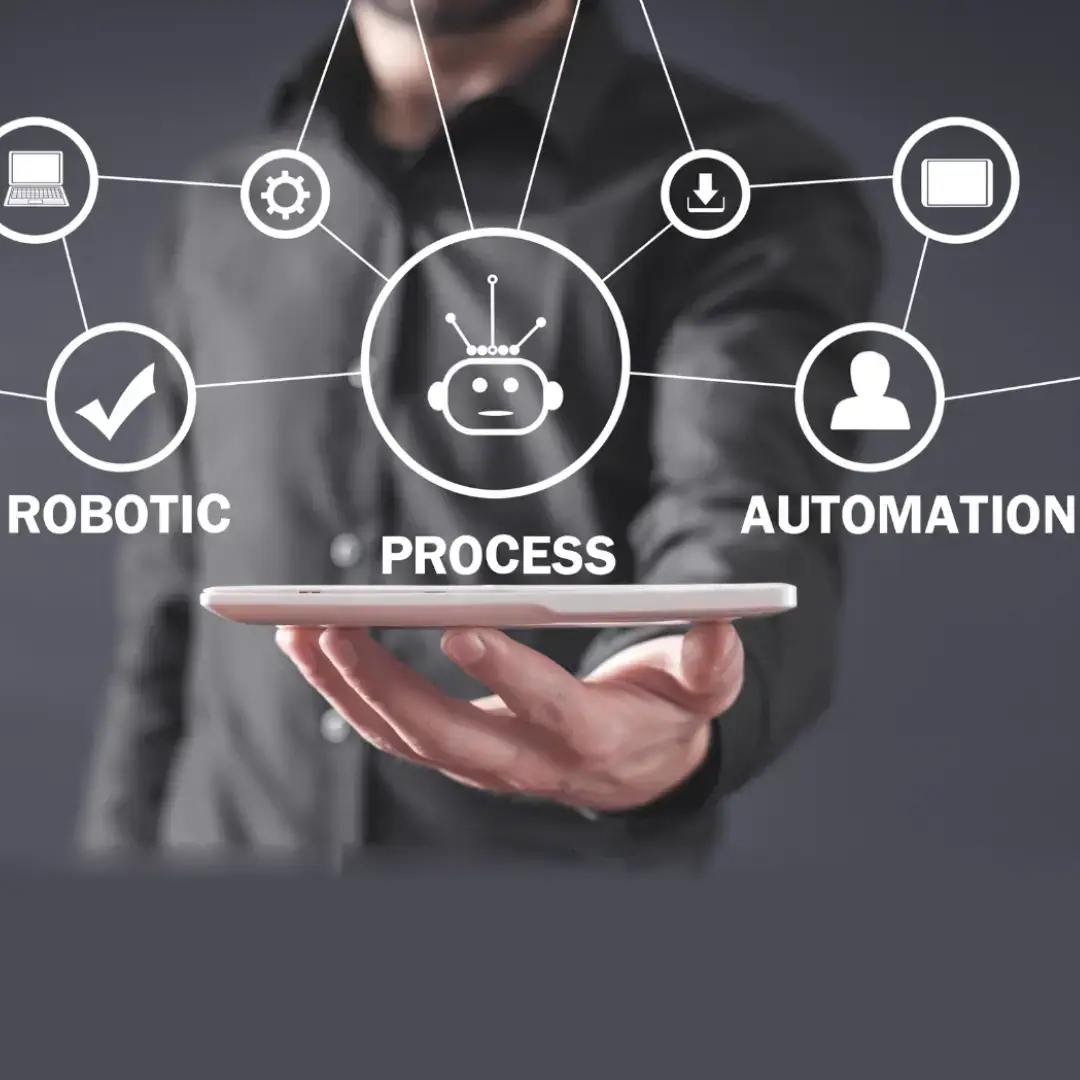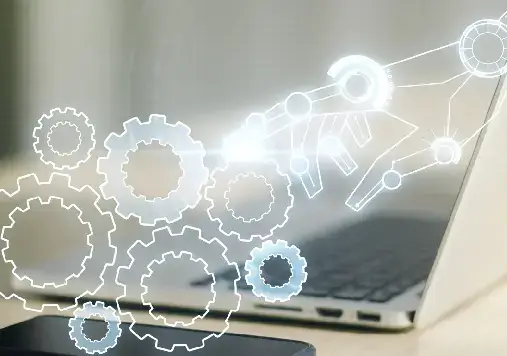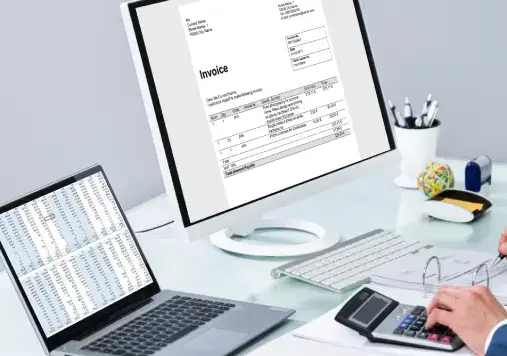Not so long ago, accountants moved en masse to the cloud. An innovation that at that time was seen as an enormous change in accountancy. In the meantime, the use of cloud solutions has become the rule rather than the exception, and accountancy is preparing for new innovations in the market. Robotic accounting is a development that has been going on in the market for some time now. In practice, robotic accounting often works far from optimally and the successors of robotic accounting are ready to fill this place with sustainable innovation by means of machine learning and artificial intelligence.
What is machine learning and how does it work?
Machine learning is based on the principle that computers can program themselves. This enables computers to learn, make decisions and make predictions based on data. Machine learning enables computers to make data-driven decisions instead of just performing one pre-programmed task.
For example, search engines use machine learning to determine which websites are most interesting to you. In social media, this technology is used to suggest which news items are interesting, or the system introduces you to connections that you may already know. Streaming services such as Spotify and Netflix also use machine learning to make suggestions based on what you have previously viewed or listened to.
For example, search engines use machine learning to determine which websites are most interesting to you. In social media, this technology is used to suggest which news items are interesting, or the system introduces you to connections that you may already know. Streaming services such as Spotify and Netflix also use machine learning to make suggestions based on what you have previously viewed or listened to.

Machine learning within accountancy
Machine learning is used within accountancy to help bookkeepers innovate administrations smartly and sustainable. The application of machine learning ensures that it does not matter what type of document is submitted for processing. The technology also determines the booking on the basis of sector information and the booking of the same invoice can differ per sector. The system continuously learns from and makes decisions about bookings on the basis of this constantly improving information. This enables the accountant to focus on the exceptions and leave the rest to the system.
Technological innovations will continue to strive to eliminate tasks such as data entry. As a result, the accountant will play an increasingly integrated role in facilitating and utilizing information flows. Various smart systems will be used for this purpose and, among other things, increasing the quality and efficiency of invoice processing will create a new work field where advice will play an important role.




